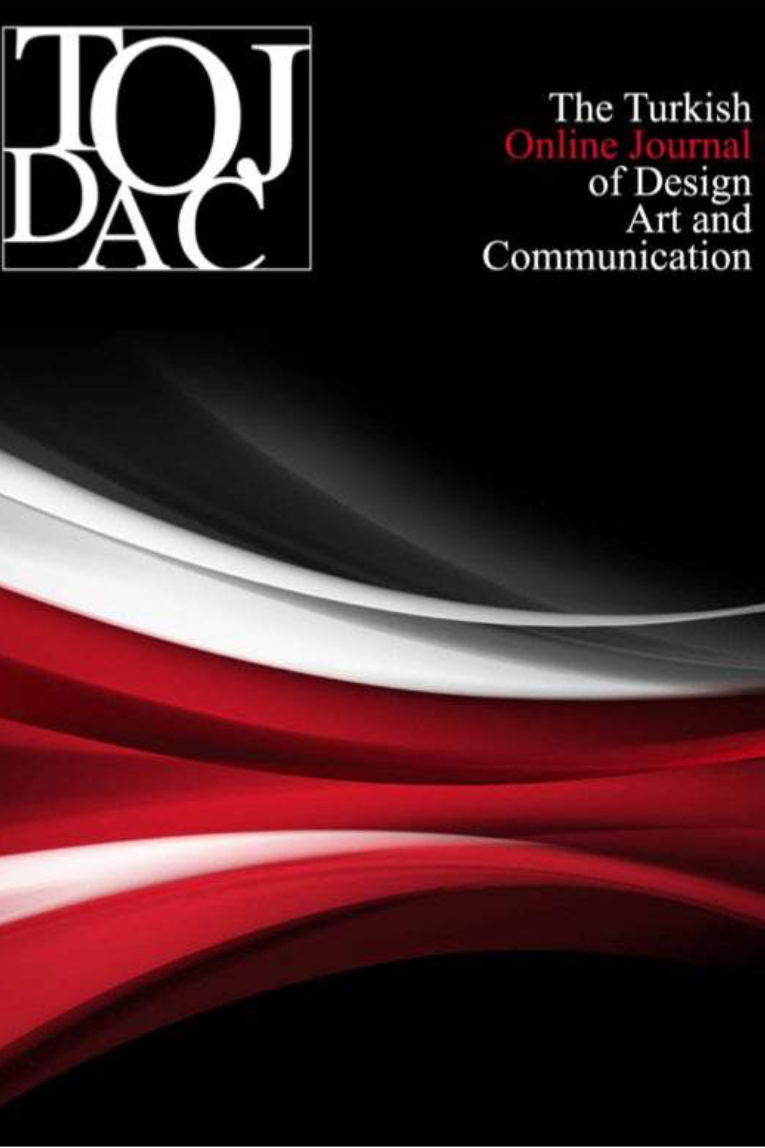FROM TURKEY TO LITHUANIA: HOW EQUAL WOMEN TO MEN, HOW ACTIVE WOMEN IN PATRIARCHY
This article aims to examine the recent past of Turkey and Lithuania together with Turkish andLithuanian woman directors and their movies in the sense of feminist approach. Even though bothcountries have different historical backgrounds, the period between the 1980s and 1990s have aprofound impact on the very similar aspects of both countries such as economic, social, cultural andgender. On the one hand, while Lithuania was gaining its freedom and almost started facing a new eracalled post-Soviet, on the other hand, Turkish Republic was experiencing its third military takeoverthroughout its history in the very morning of 12th September 1980. While Turkey was under militarycontrol and restrictions during the 1980s, Lithuania was substantially close to being independent andself-governed. However, these noticeable changes had various side effects during the 1990s mainly onwomen both in Turkey and Lithuania. Through looking at politic, economic, social and culturaldifferences, it will be questioned how effective the patriarch is and how women reclaimed their voicesto be visible and to fight for gaining their social rights in two different located countries as one in theEuropean Union territory and the other one in Western Asia and Southeastern Europe.
Anahtar Kelimeler:
Lithuanian cinema, Woman Directors, Turkish Woman Directors, Soviet Regime
___
- Ashbourne, Alexandra. (1994). Lithuania: The Rebirth of a Nation, 1991-1994. England: Lexington Books. Atakav, Eylem. (2013). Women and Turkish Cinema: Gender Politics, Cultural Identity and Representation. USA, and Canada: Routledge. Boratav, Korkut. Türel, Oktar ve Yeldan, Erinç. (1996). Dilemmas of Structural Adjustment and Environmental Policies under Instability Post-1980 Turkey. World Development Vol.24 No:2 p 373- 393. Elsevier Science Ltd, Great Britain. Daği, İhsan,‘Democratic Transition in Turkey, 1980-83: The Impact of European Diplomacy in Sylvia Kedourie (ed.), Turkey, Identity, Democracy, Politics. (1996). London. Gokcem, Selen. (2013). Never Satisfied Dissatisfied Women Hysteric Men in 1980s Turkey. Deutschland. LAP LAMBERT Academic Publishing. Gal, Susan. & Kligman., Gail. (2000). The Politics of Gender After Socialism. Princeton University Press. Gürbilek, Nurdan. (2011). The New Cultural Climate of Turkey: Living in a Shop Window. (Victoria Holbrook Trans.) London: Zed Book. http://www.lfc.lt/en/Page=ArticleList&ID=6697&Y=2009 2015-02-25 http://www.hurriyet.com.tr/english/home/9884161.asp?scr=1, 2015-02-24) Jureniene, Virginija. (2008). Women's Position in Lithuanian Labour Market in the 20th century. Amnis [En ligne], 8 | 2008, mis en ligne le 01 septembre 2008, consulté le 25 décembre 2017. URL: http://journals.openedition.org/amnis/529; DOI: 10.4000/amnis.529 Juréniené, Virginija. (2010). Gender Roles in Lithuanian Society. Global Journal of Human Social Science. Volume 10. Issue 6 (Ver 1.0) October, GJHSS- AClassification FOR 170105,170113,220311,220319 Kaplan, Sam. (2006). The Pedagogical State: Education and the Politics of National State in Post- 1980 Turkey. Standford University Press. Öztürk, Semire, Ruken. (2004). Sinemanın 'Dişil' Yüzü Türkiye'de Kadın Yönetmenler. İstanbul: Om Yayınevi. Stankevicius, Simona. (2012). Lithuanian women in the Parliament: Access and participation in postsocialist politics. Unpublished Master’s Thesis. Depaul University. Unat, Abadan, Nermin. (1981). Women in Turkish Society. Printed in Hungary.
- Başlangıç: 2011
- Yayıncı: Deniz YENGİN
